It has been an extraordinary week of insightful discussions and collaboration!
Under the theme “Doing Science Differently”, the Asian Farmers’ Association for Sustainable Rural Development (AFA), Agroecology TPP, the Agroecology, and Safe Food Systems Transitions (ASSET) in partnership with the Agroecology Learning alliance in South East Asia (ALiSEA), Agroecology in Southeast Asia (ASEA), Market and Agricultural Linking Chains (MALICA), and Thai Nguyen University, co- organized the Agroecology TPP 2025 Members Forum Meeting and the Regional Multistakeholder Workshop on ASEAN Policy Guidelines for Agroecology Transitions from March 31 to April 4, 2025, in Hanoi, Vietnam.
“Family farmers are not just food producers but knowledge producers and solution providers. Our organizations and cooperatives are our platforms for collective actions, enabling us to contribute to sustainable rural development. Our organizations serve as our means of engaging in decision-making processes and contributing to transforming food systems through agroecology and sustainable resource management.” This is one of the key messages the farmers’ organizations articulated during the event.
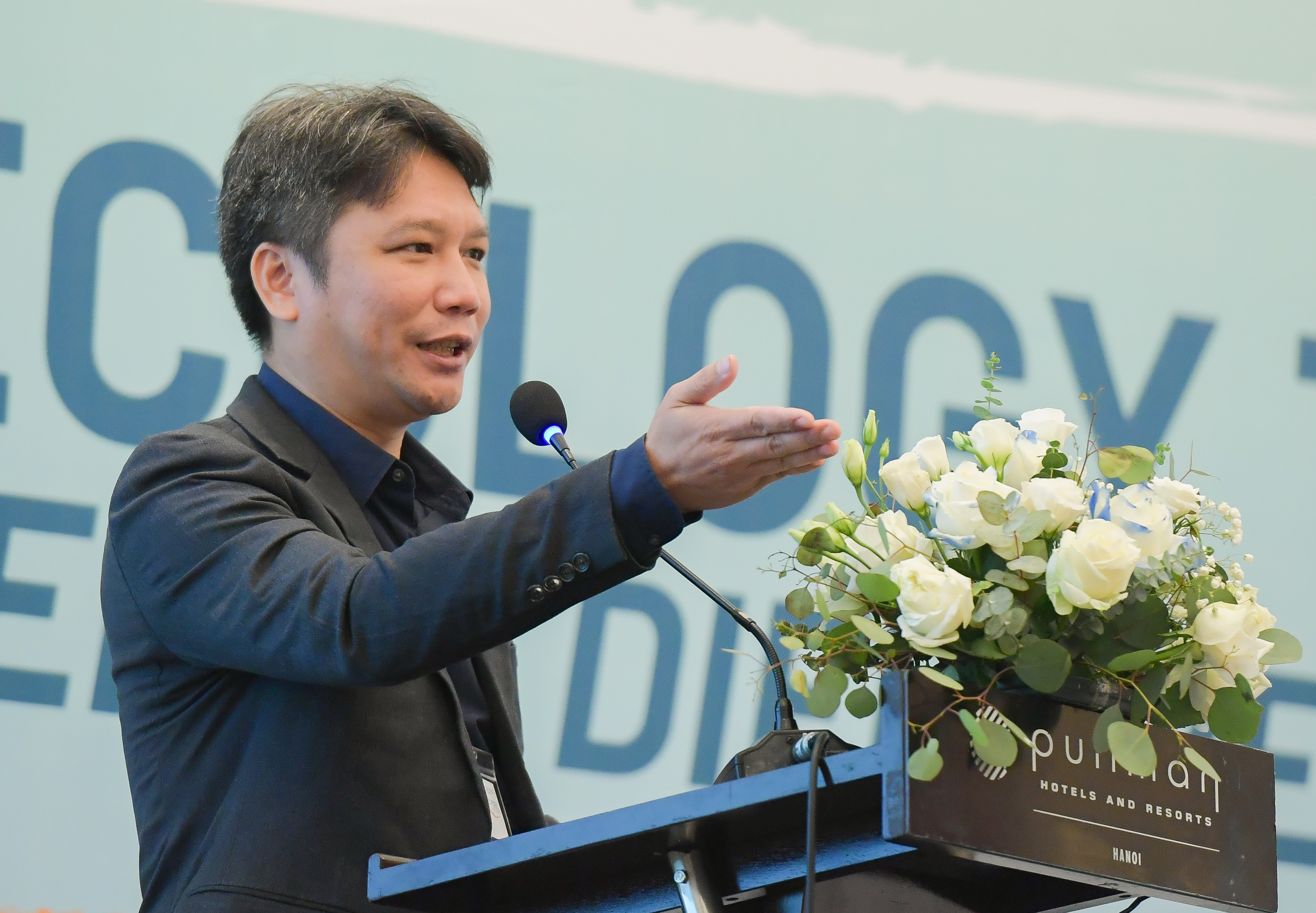
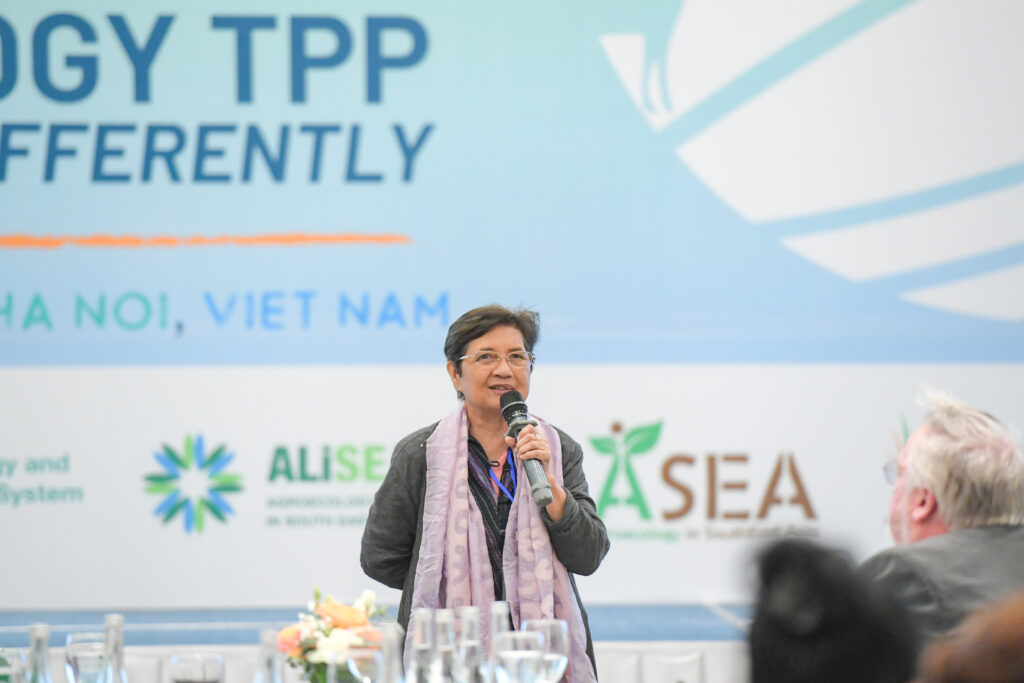
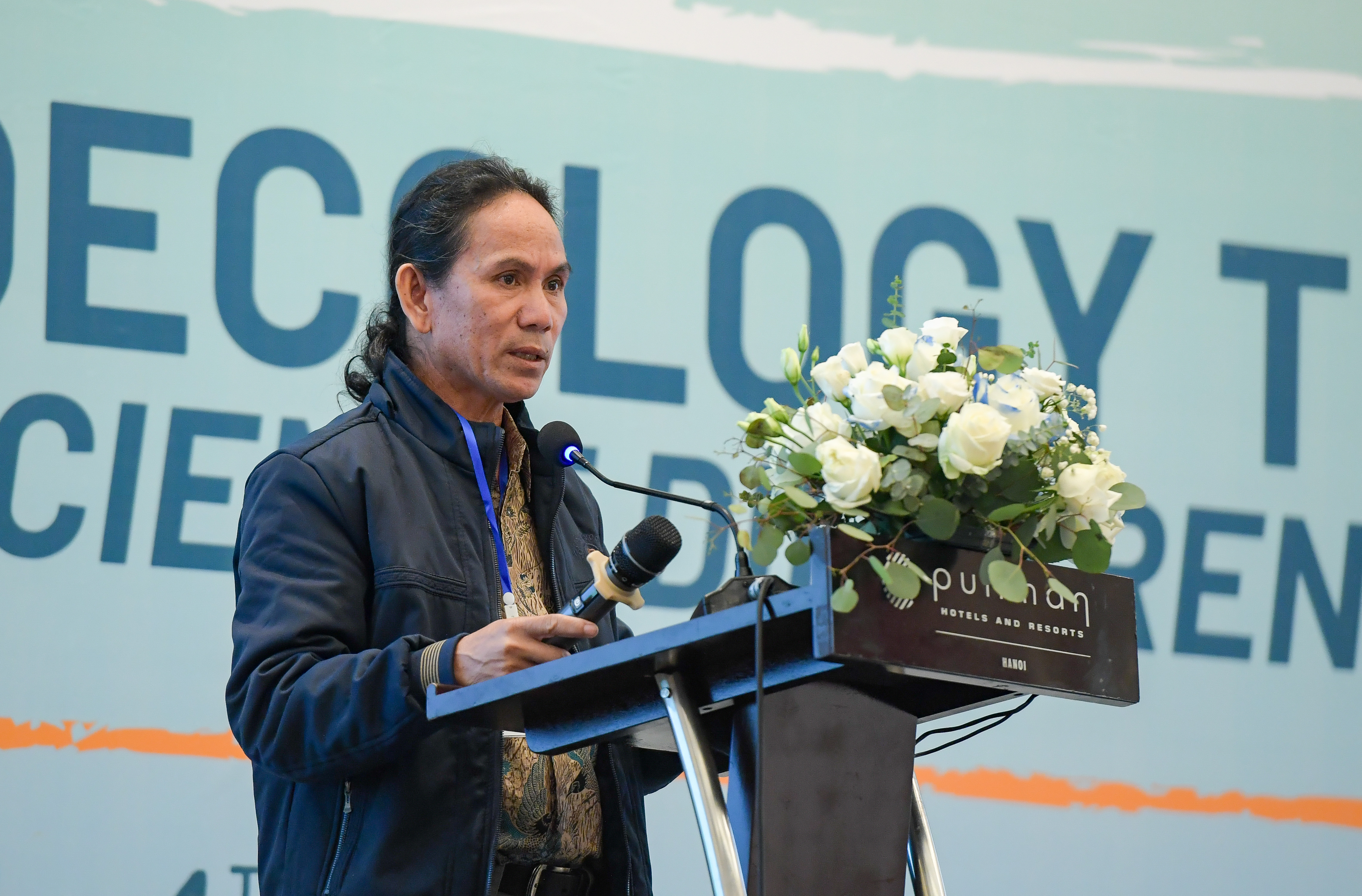
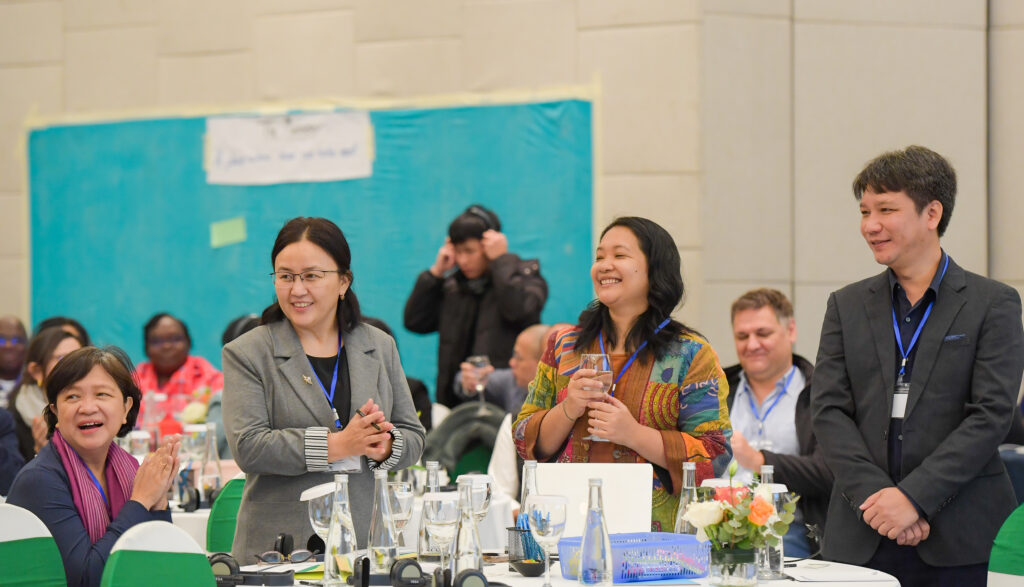
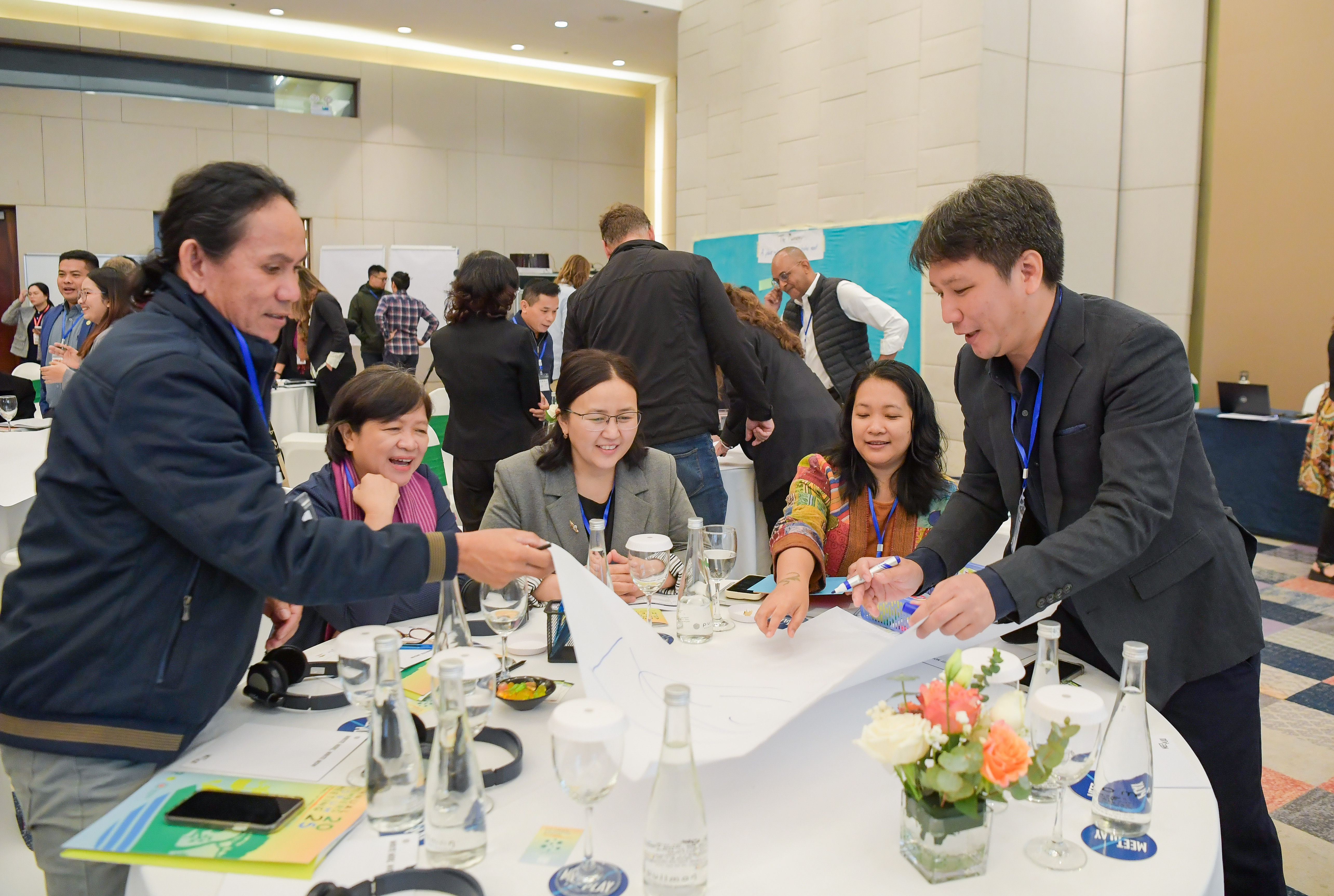
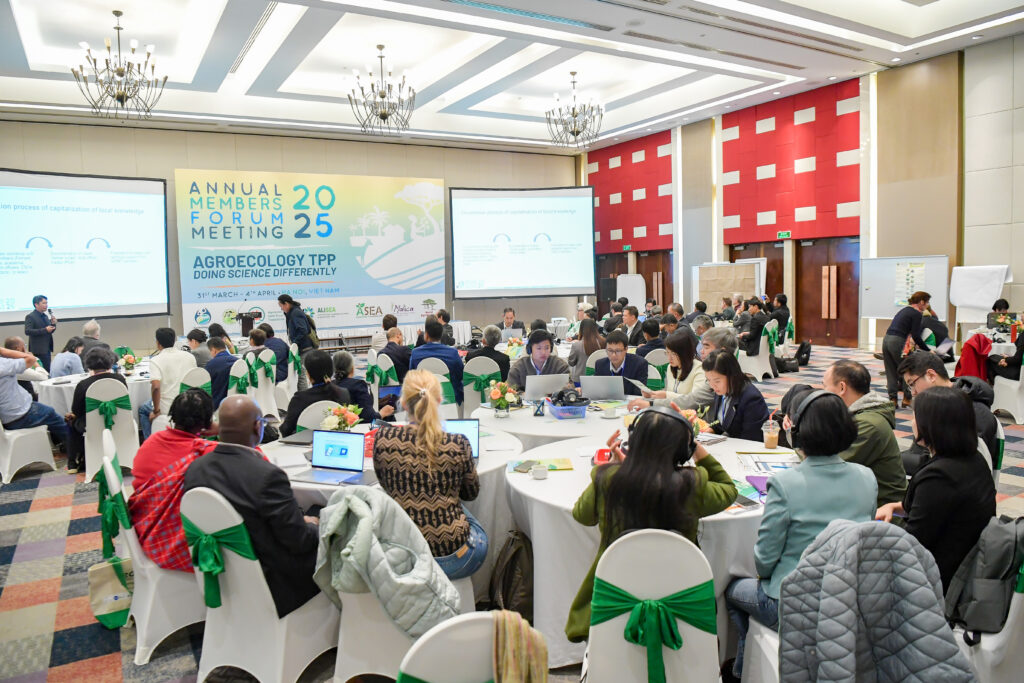
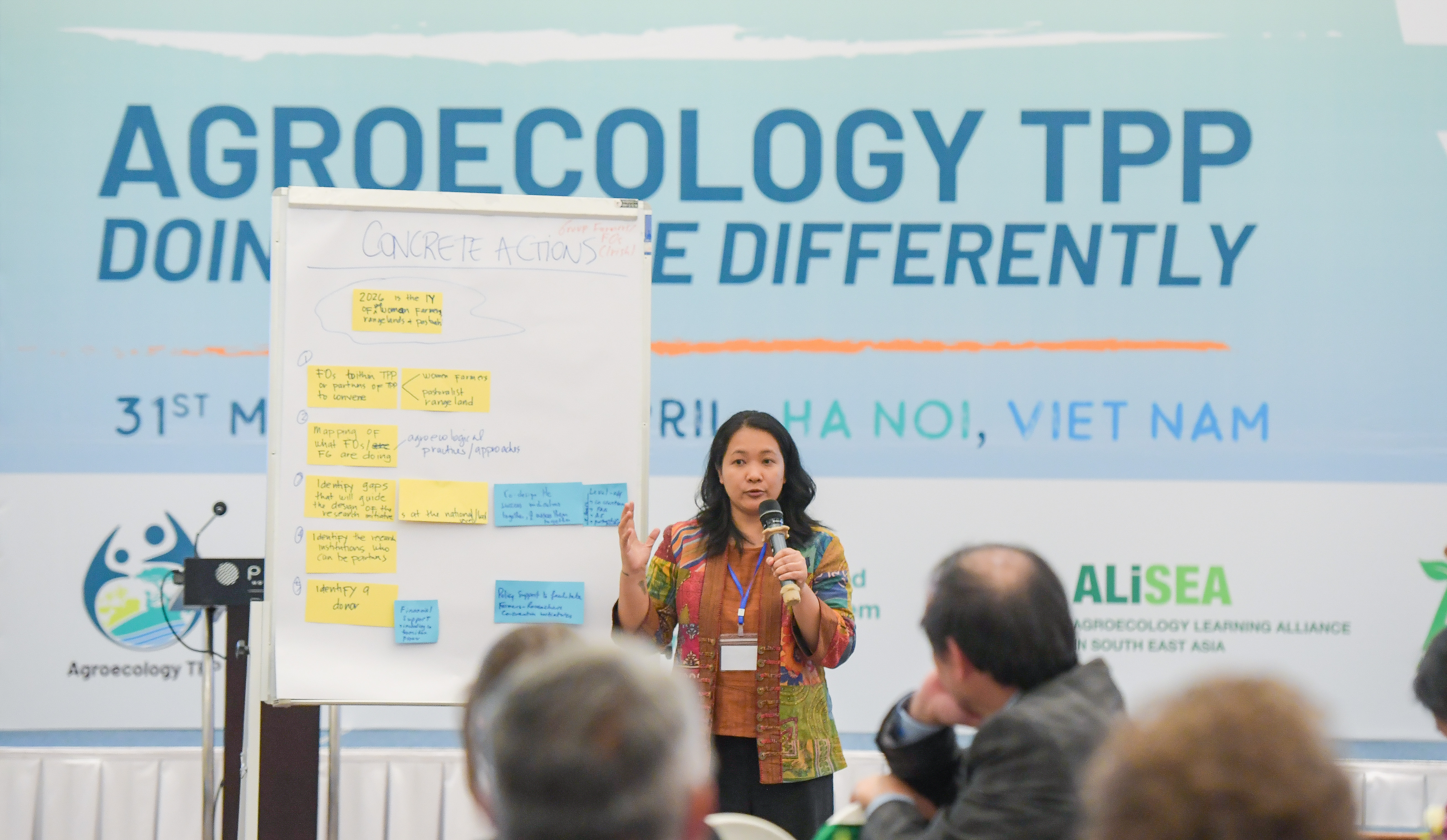
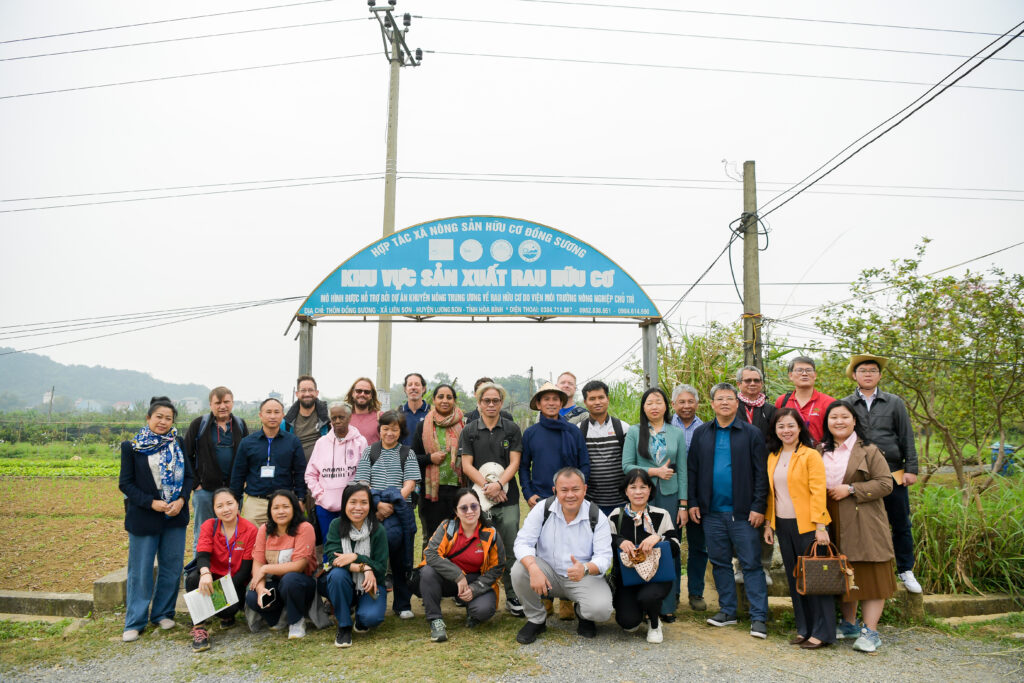
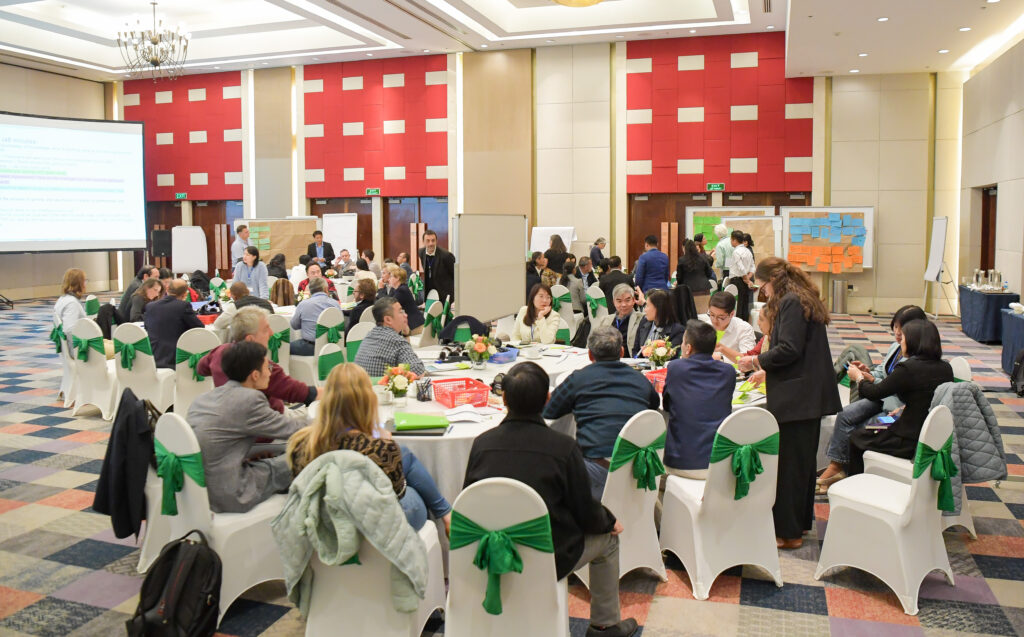
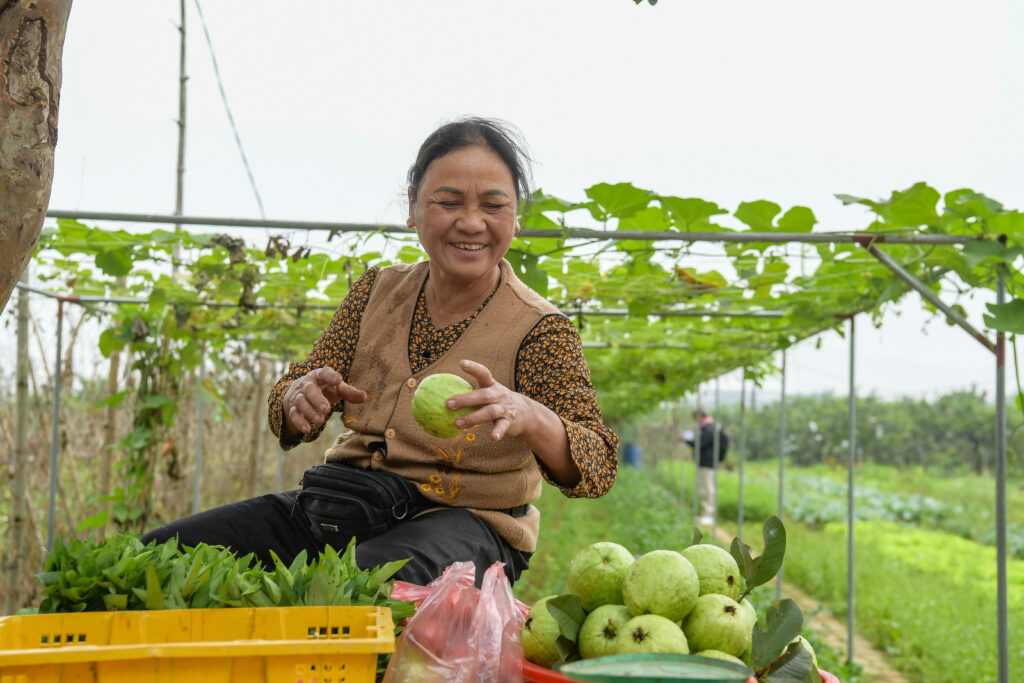
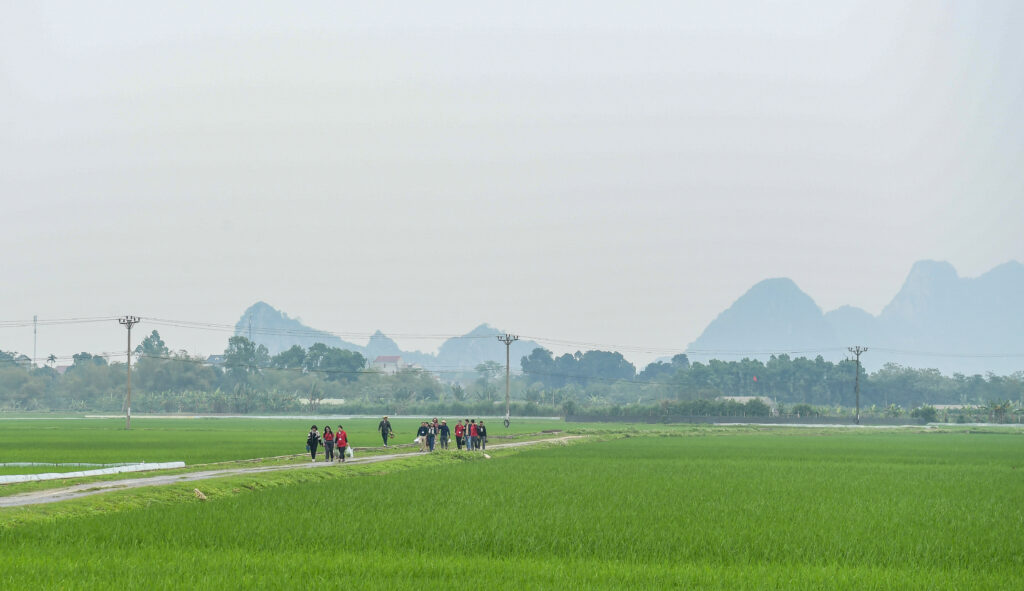
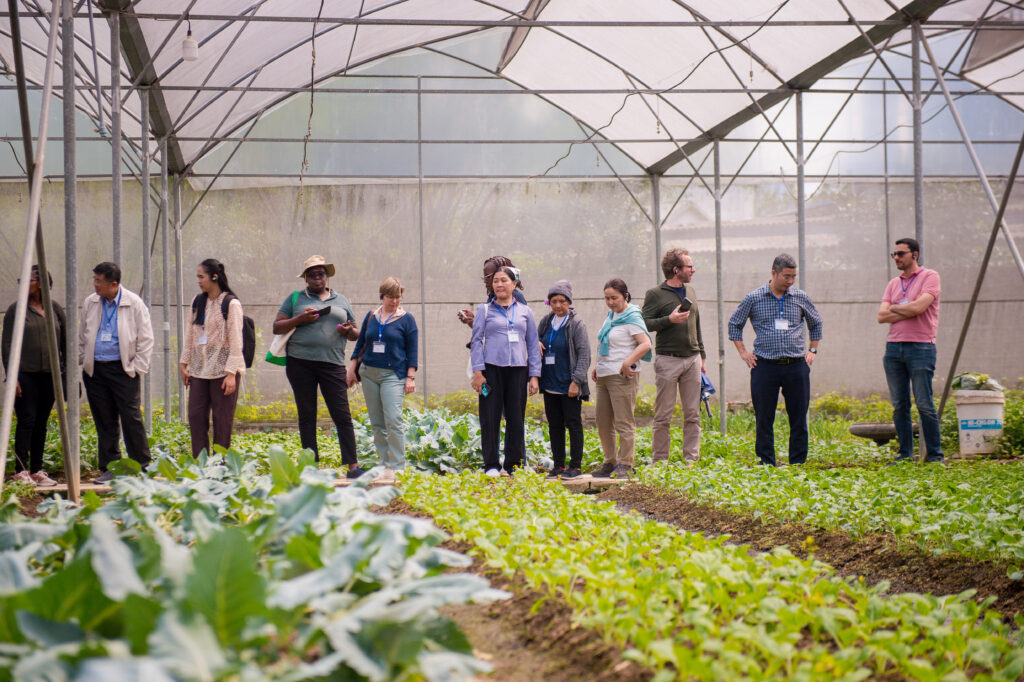
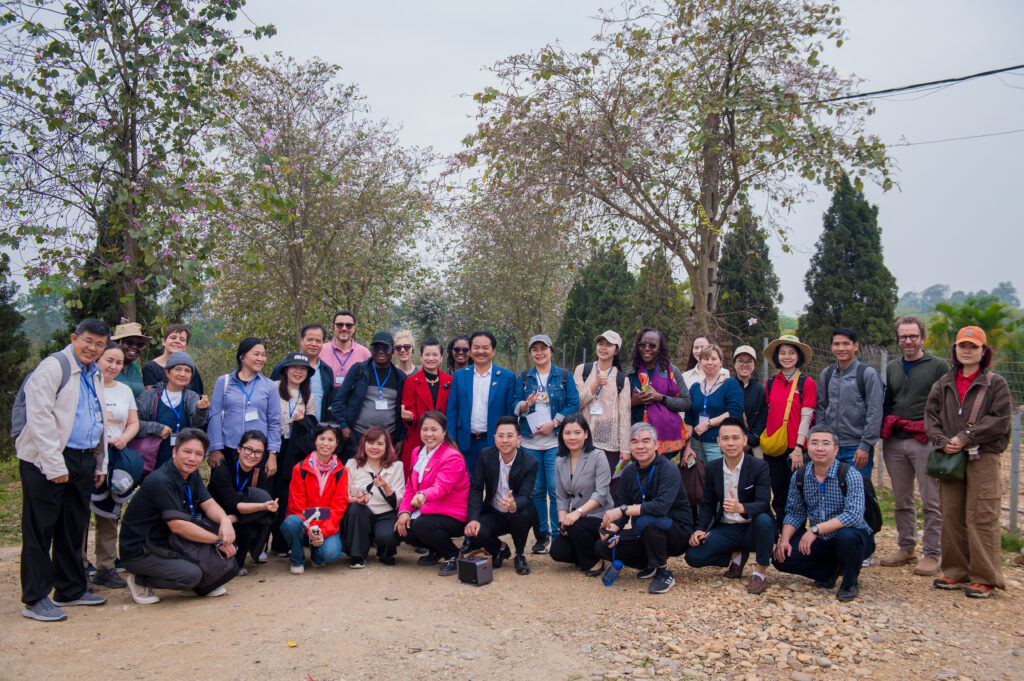
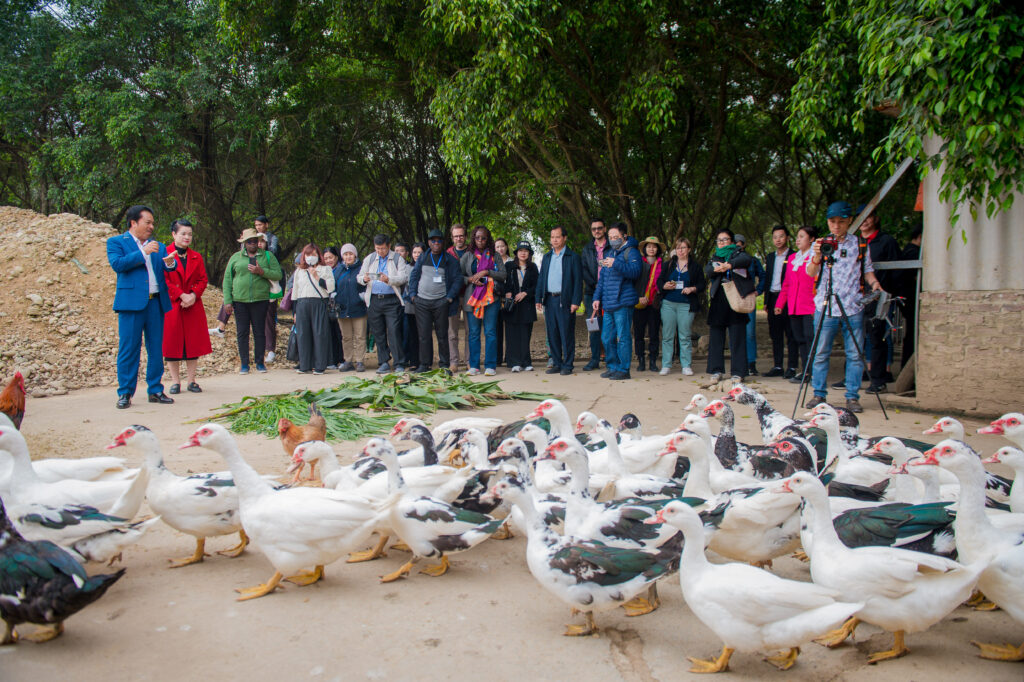
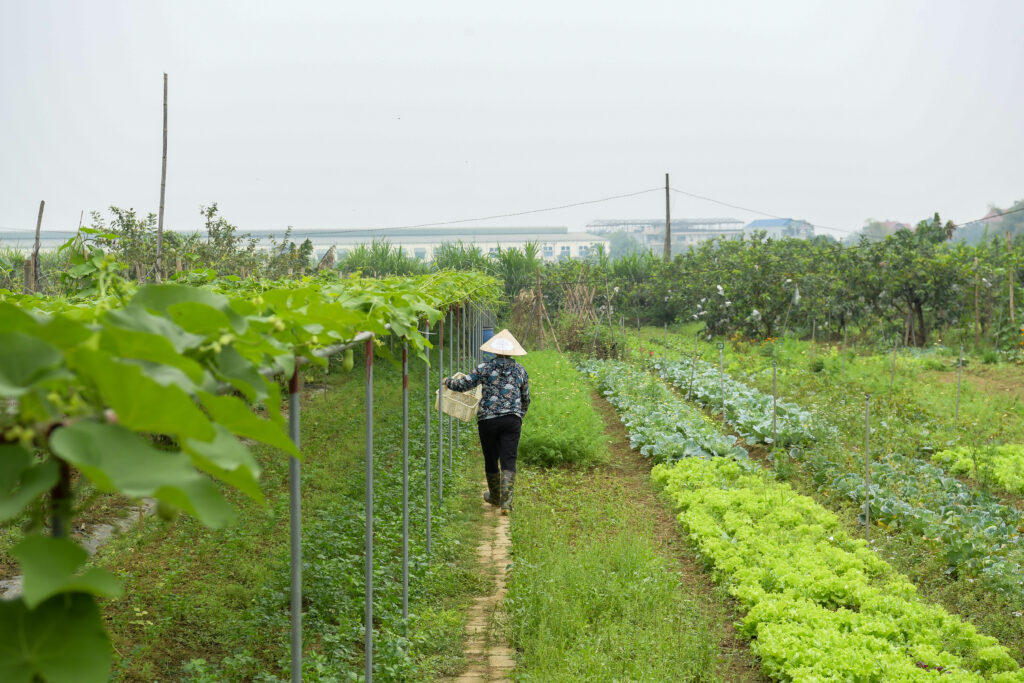
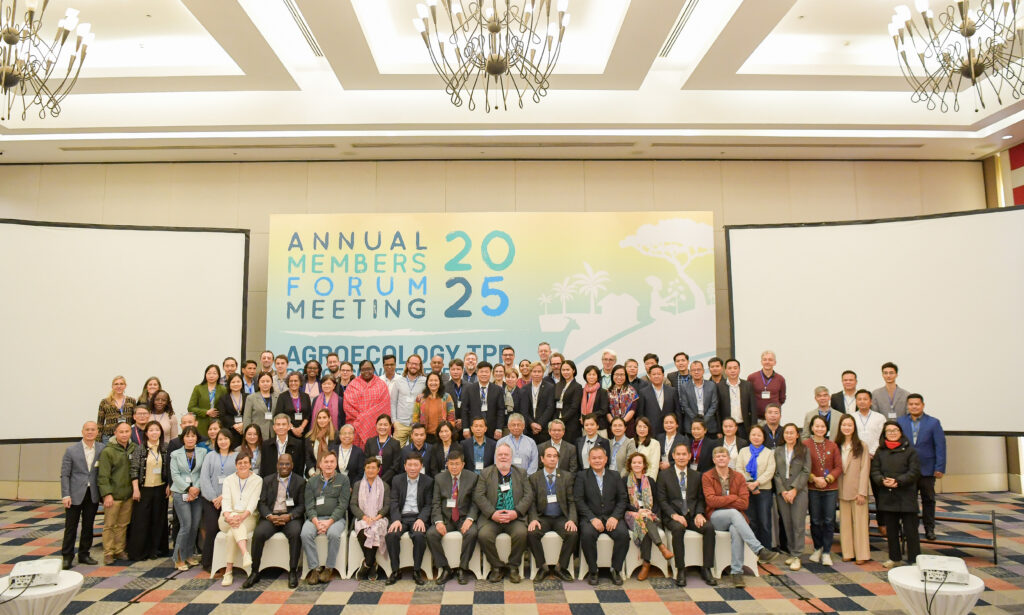
This year’s TPP Members’ Forum gave farmers’ organizations a more prominent voice. Representatives from three regional organizations (AFA, Pan African Farmers’ Organization, and Regional Rural Dialogue Program) and four national organizations (PAKISAMA, KAFLU, LFA) engaged in various plenary and breakout sessions. Esther Penunia, AFA Secretary General, delivered a keynote speech on the first day, emphasizing the role of farmers’ agency in agroecology research and innovation and the importance of farmers’ organizations in facilitating the co-creation process.
Collaborating with farmers and other key actors was a central topic of discussion. The workshops and presentations covered the following themes:
- Participatory research and innovation: what works and what does not; explored how farmers and their organizations can meaningfully contribute to agroecological research and innovation, key challenges that need to be addressed to mainstream collaborations with scientists and other stakeholders
- Climate resilience: the co-creation process began by identifying the key topics for a forthcoming paper to be developed in the coming months
- Policy engagement and M&E: the sessions discussed policies implemented in Southeast Asia to promote agroecology, remaining policy gaps, and what can be done to improve policy engagement and advocacy, including agroecological transition metrics and policy monitoring
- Finance: the sessions included sharing from farmers and farmers’ organizations on their experiences in accessing finance to advance their work in agroecology, financing status in various regions, and ways to overcome finance access barriers; strategies for leveraging major finance pools to support agroecology and improve access for smallholder farmers
Participants also visited a group of farmers engaged in organic agriculture and agroforestry, as well as those involved in value addition and processing activities.
The Agroecology TPP (AE-TPP) brings together international, national, and local partners to address research gaps and promote innovation in agroecology. The platform implements various projects across eight domains, facilitating shifts toward sustainable agricultural and food systems. Find out more about AE-TPP https://www.agroecologytpp.org/
Photo credits: AE-TPP/CIFOR-ICRAF | Nguyen Hong


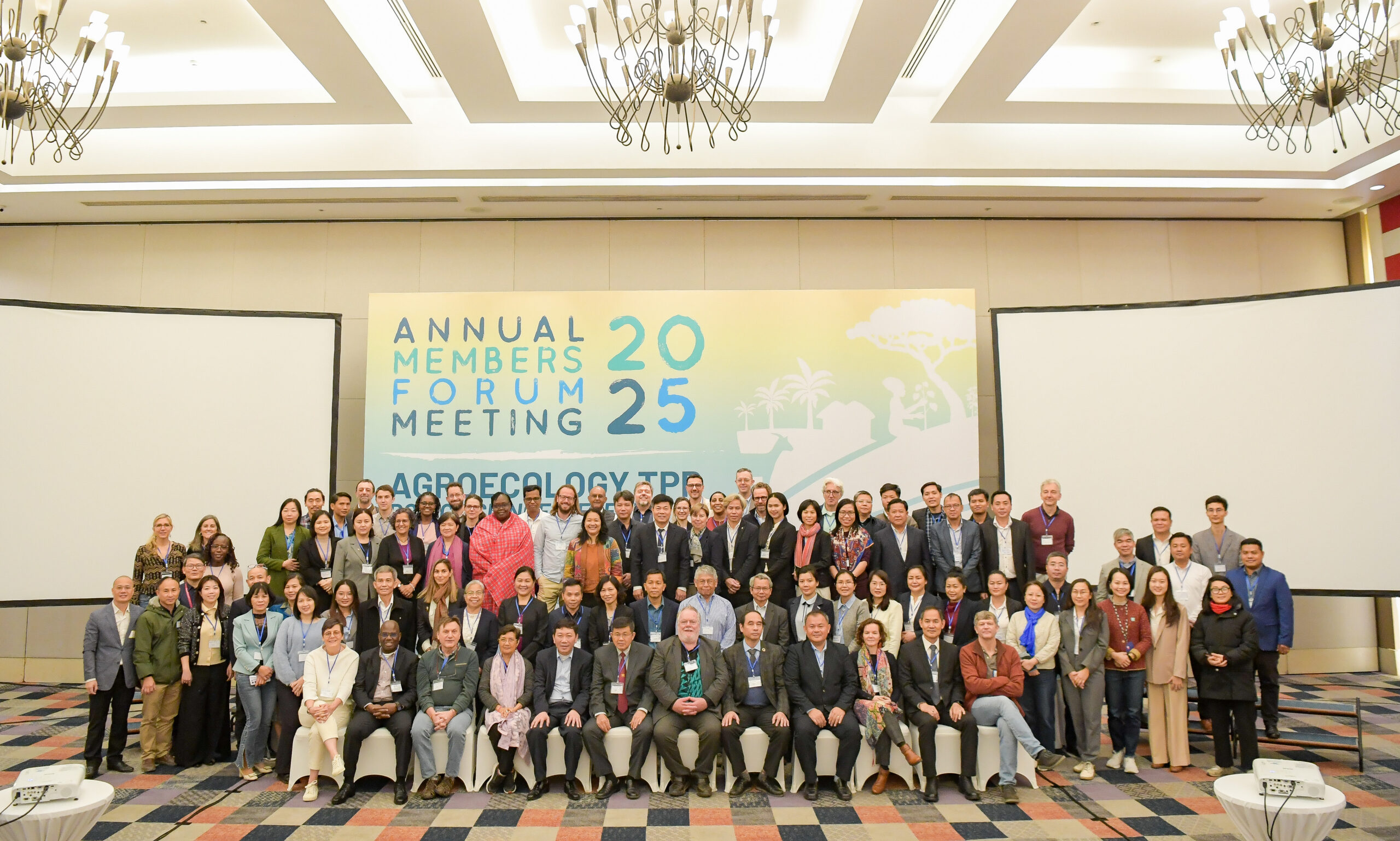

Comments are closed